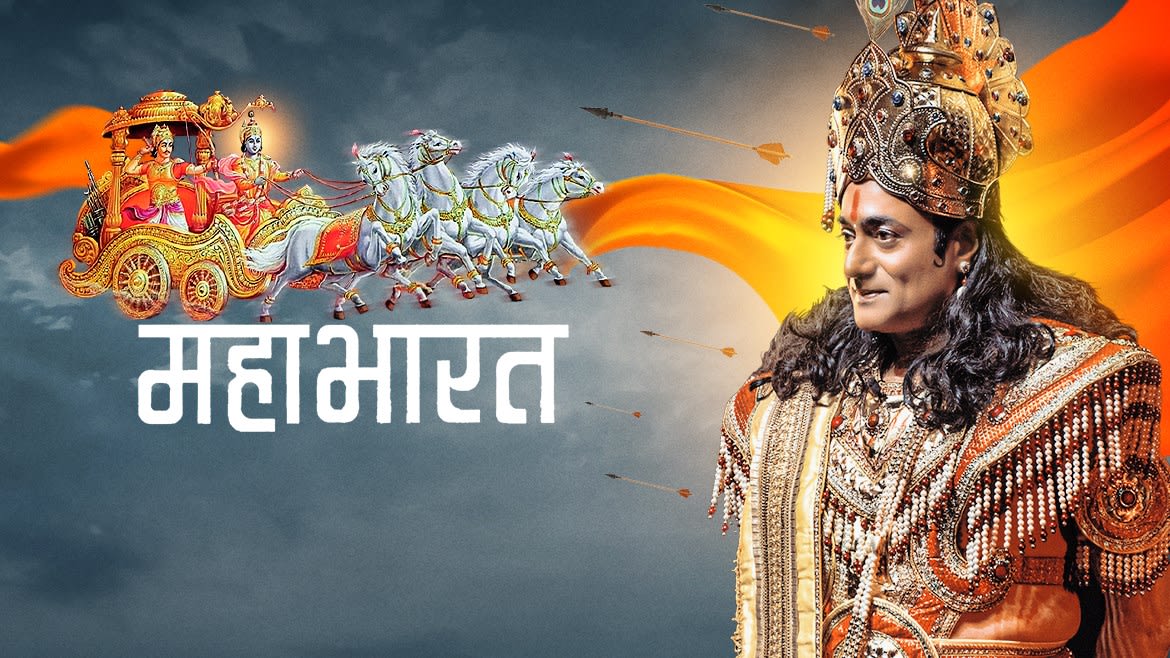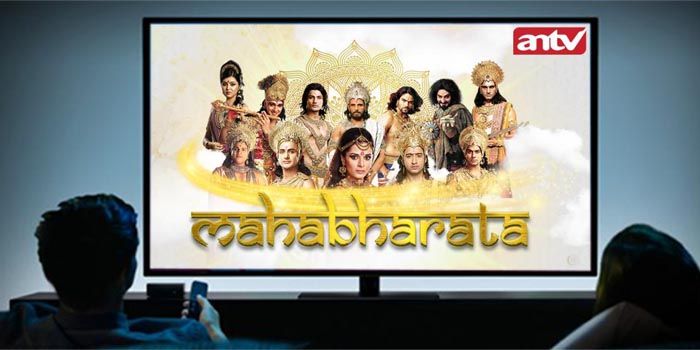
An enormous range of topics and life-lessons are covered in this epic. It includes many stories and legends about deities and heroes. In this story, the Kurukshetra war between the Pandavas and Kauravas constitutes just a part of the Hindu epic Mahabharata. A while later after this, King Yudhisthira gave up the throne and went with his four brothers and their wife, Draupadi, to live on Mount Meru, the abode of the god Indra. However, as time passed, Dhritarashtra eventually went to live in the forest along with his wife Gandhari and is said to have died there. The Pandavas ruled peacefully, although their uncle Dhritarashtra mourned the loss of his sons and frequently quarrelled with his nephews. The Pandavas gained the kingdom, and the oldest brother, Yudhisthira was crowned as the King of Hastinapur. In the end, the Pandavas emerged victorious after killing all their hundred cousins, including their army. The Pandavas and Kauravas fought the battle for fourteen days at the ground of Kurukshetra. Their conversations prior to the war and during the war at the Kurkshetra are the ones that constitute the section of the Mahabharata known as the Bhagavad Gita. Although he took no part in the fighting, he served as charioteer for the Arjuna and gave him advice. In this war, Lord Krishna supported the Pandavas. By the end of the day, once again, the Pandavas were forced into exile.Īfter many years of wandering, the Pandavas returned to reclaim the kingdom, but the Kauravas refused to give up control and both sides prepared for war not only to win the kingdom but to avenge the embarrassment that Draupadi had to face amongst the eminent and notable people. However, lord Krishna saved the respect of Draupadi. They also attempted to disrobe Draupadi in the assembly of the court at Hastinapur. However, the Kauravas were unhappy with this settlement, and hence the Kauravas challenged the Pandavas to a game of dice (the modern day ludo) and won back the entire kingdom by cheating. However, according to rules back then, Draupadi ended became the common wife of all five Pandavas and hence she gets the name ‘Panchali’ (Translated to Panch= five, Aali= wife the wife of five).Īfter the Swayamvar of Draupadi, King Dhritarashtra realised his mistake and then called the Pandavas back to his court and divided the kingdom among them and his own sons. The Kauravas also entered the contest, but the one of the Pandavas, named Arjuna, won the princess. This led to a cold war between the two groups of the family, and eventually the Kauravas forced the five Pandavas to go into exile in the forests.ĭuring the period of their exile, the Pandavas entered a tournament to win the hand of a beautiful princess named Draupadi.

When the Pandavas came of age, the eldest, Yudhisthira demanded the throne from his uncle, claiming that he was the rightful heir. The Kauravas were born to Dritharshtra and his wife Gandhari as a result of her boon from lord Shiva.īoth the groups of cousins eventually grew together in the court at the kingdom of Hastinapur. Instead of taking the throne, however, Prince Pandu goes to the Himalaya mountains to live as a hermit, leaving Dhritarashtra on the throne after all.īefore the Prince Pandu left Kurukshetra, his two wives Kunti and Madri gave birth to five sons, who are need no introduction are often collectively called as the Pandavas They lived at the royal court with their cousins, who were the one hundred sons of Dhritarashtra known as the Kauravas. That conflict begins when the rightful heir to the throne of Kurukshetra, a blind prince named Dhritarashtra is passed over in favour of his younger brother Pandu.

The opening parvans (books) explain the ancestry of the major characters and provide background for the central conflict of the work. The Mahabharata is set in the kingdom of Kurukshetra on the northern plains of India along the Ganges River.

When translated: Om ! Having bowed down to Narayana and Nara, the most exaltedmale being, and also to the goddess Sarasvati, must the word Jaya be uttered. Nārāyaṇaṁ namaskṛtya naraṁ caiva narottamamĭevīṁ sarasvatīṁ vyāsaṁ tato jayam udīrayet Of all the verses of the Mahabharata, the of first sloka is : However, there are life lessons that this epic leaves behind for the generations to come and it is worth while to note a few of these! A few of the events of the Mahabharata can also be reviewed from a section of the epic called the Bhagavad Gita (Translated from Sankrit as the Song of the God) is one of the most important religious texts of Hinduism. The Mahabharata consists of a collection of legends and tales revolving around the great Bharata War between the Kauravas and the Pandavas, two groups of cousins of an ancient Indian dynasty.


 0 kommentar(er)
0 kommentar(er)
